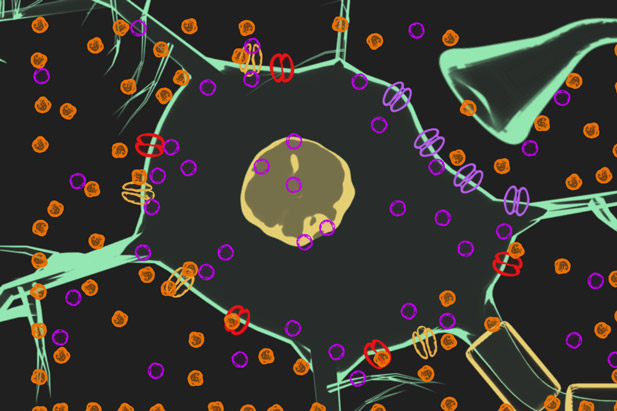A serious look at gaming’s role in health-care education
University students develop virtual technology to help train physicians
November 18, 2016

Video game simulation–also known as serious gaming–is playing an increasingly important role in medical education. Virtual technology helps health-care professionals-in-training hone their skills in a no-risk environment until they are ready to practice on live patients.
Serious game creation is a big part of the Game Development and Entrepreneurship (GDE) program at the University of Ontario Institute of Technology (UOIT). Two GDE students recently had a chance to put into practice the skills they acquired in the classroom by developing game-based simulations for health care workers in the areas of cardiology and mental health. This opportunity was made possible through the University of Toronto Faculty of Medicine’s Educational Information Technology (EIT) Summer Student Program.
Simulator helps train doctors to manage patients with heart failure
Ventricular assist devices (VADs) are mechanical pumps used to support heart function and blood flow in patients with have weakened hearts. VADs are prone to damage or dysfunction if not handled properly, so training health care providers in this area is crucial to the patient’s survival.
Dr. Warren Luksun, Anesthesiologist and Critical Care Medicine Physician at Toronto General Hospital, was looking for an effective, accessible and affordable way to train residents, clinical fellows and nursing staff to monitor and manage patients equipped with VADs. Kristopher Maddeaux (UOIT Bachelor of Information Technology (IT), class of 2016) worked with Dr. Luksun to develop an online VAD simulator. The simulator allows health-care providers to practice monitoring VADs and deal with complications without involving live patients–all in preparation for real-life, high-stakes situations.
Neuron simulator sheds light on causes of mental illness
Mental illness is often tied to changes in the anatomy, chemistry or physiology of the brain. Knowing how the brain is wired helps researchers better understand how mental disorders can occur.
Spencer Dowie (UOIT Bachelor of IT, class of 2018) developed an interactive neuron simulator to help medical students understand how the different parts of a neuron work together. Downie developed software that allows the users to interact with and affect the neuron directly. He worked with Dr. Albert Wong, Neuroscientist and Psychiatrist at the Centre for Addiction and Mental Health and Professor, Department of Pharmacology and Institute of Medical Science at the University of Toronto.
UOIT quotes:
“Serious games are becoming more widespread, particularly within the field of medicine and medical education, presenting tremendous opportunities for graduates of game development and interactive media-based programs. Working within an interdisciplinary team environment that includes other students, researchers and medical professionals, our students were able to apply their game development knowledge and experience to real-world problems that can have a significant role in patient safety.”
– Dr. Bill Kapralos, Associate Professor, Faculty of Business and Information Technology
“I have had an amazing experience working on this project. I thrive on challenging and ambitious projects, and this project was all of that and much more. Also the thought that this project can potential save someone's life by educating medical staff to make the right decision in a high stakes situation is very rewarding.”
– Kristopher Maddeaux, UOIT Bachelor of Information Technology, class of 2016; Developer, IFTech
“My experience with the Educational IT program was very positive. Through the program I was able to meet some great people. I feel it would be useful for students to have access to more programs like this that encourage working with other universities.”
– Spencer Dowie, Game Development and Entrepreneurship, class of 2018
About the EIT Summer Student Program
The EIT Summer Student Program is funded by the Office of Integrated Medical Education (OIME) at the University of Toronto and co-ordinated in part by Dr. Chi-Ming Chow, Associate Professor in Medicine, University of Toronto and Staff Cardiologist, St. Michael's Hospital. Dr. Michael Corrin, Assistant Professor, Biomedical Communications, Department of Biology, University of Toronto at Mississauga, and UOIT’s Dr. Bill Kapralos, Associate Professor, Faculty of Business and Information Technology have assisted Dr. Chow with student recruitment and project reviews for several years.



